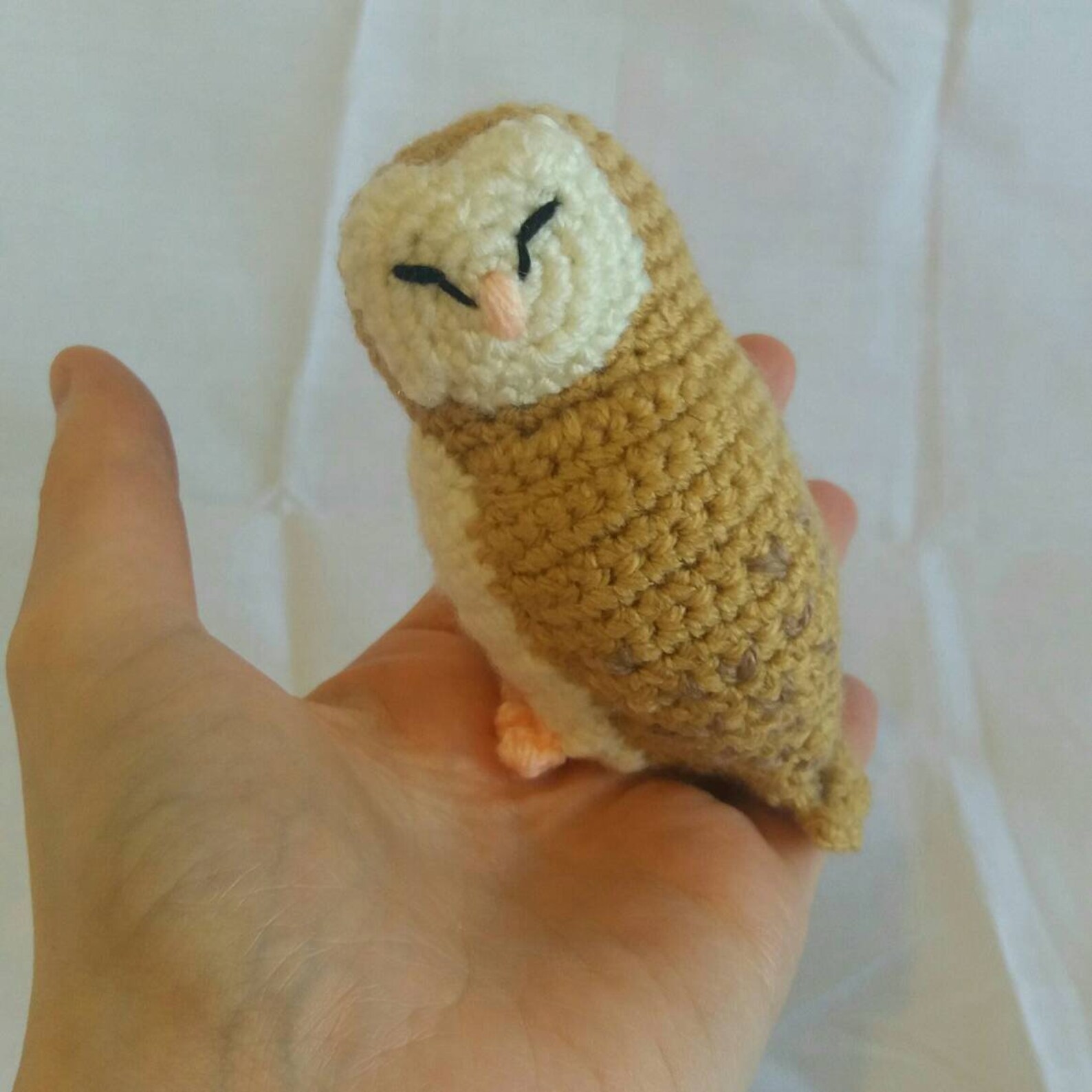
This explains why rats leave a trail of urine drops as they travel through their local environment! Rats can “see” ultraviolet light, which is outside of the visible light spectrum for us humans.Īnd rat urine is just one of the things which becomes clearly visible when viewed under ultraviolet light. Why are rats more active at twilight and dawn?

Take a look at your pet rat and you will see that his whiskers never stop twitching, especially if you present him with a new toy or den for his cage.

Rats are far more reliant on their exceptional sense of smell and hearing than their vision, and they navigate by using their whiskers to feel their way around. Surely this places the nocturnal rat at something of a disadvantage if he can’t see danger approaching? This means that their perception of color is very similar to a human with color blindness.Ĭolors appear faint and images are quite blurry, around 20/600 for a pigmented rat and even less for an albino. Rat sleep and eyesightĪccording to John Hopkins University, rats have very poor eyesight in comparison to many of their predators. In the case of pet rats, your home is quieter at night, so the instinctual rat becomes more active, because he feels safer. Little wonder then that rats are very cautious and choose to forage for food under cover of darkness. In the wild, rats are a prey animal, making a tasty meal for many predators, including large birds of prey, foxes, weasels, coyotes, and snakes. Pet rats are directly descended from wild brown rats. There are several reasons why rats are primarily nocturnal. So, pet rats are indeed mostly nocturnal!īut that’s not necessarily the whole story. ‘Of or during the day’ or ‘active in the daytime.’ Are pet rats nocturnal or diurnal?Īll rats are naturally primarily nocturnal, although they can also demonstrate “crepuscular” behavior (being active early in the morning and during the evening too). The Oxford English Dictionary defines “diurnal” when referring to animals as: ‘Done, occurring, or active at night.’ What does “diurnal” mean? The Oxford English Dictionary defines “nocturnal” as: Let’s look at what “nocturnal” and “diurnal” mean first. Most people think of wild rats as shadowy creatures, sneaking around after dark, raiding garbage cans or gnawing through the wiring in your attic space.īut are rats nocturnal or are they diurnal?Īnd how can you be sure that your pet rats won’t disturb you during the night? Pet rats generally live for an average of just two to three years, although with good care and correct feeding, four to five years is achievable.

Therefore, when choosing cage mates, bear in mind that both should be of the same sex, or one should be neutered. Rats can breed from just five weeks of age, and they are capable of producing a litter of a dozen kittens every four weeks! Two’s companyĪlthough pet rats enjoy human company, they are highly social animals and are happiest when kept with one companion or in a “mischief” – the collective noun for a group of rats. There’s actually a very good reason why rats do this, which we’ll discuss later. If you are intending to allow your pet to explore your home, you may want to put a protective cover over your couch and carpets to catch any drips. However, rats do have a tendency to dribble urine as they move around. They groom themselves constantly to keep their fur in good condition.Īnd according to AFRMA, pet rats do not require annual vaccinations and carry no diseases.Ī smelly cage is usually caused by the owner’s failure to clean it frequently enough!

Whilst this may be true of their wild relatives, pet rats generate very little odor. How cool was that! Living with a pet ratĪ common misconception about rats is that they smell and they carry disease. He even learned his name and would come to me when I called him. My pet rat, Guinness, loved to ride around the house on my shoulder, gently nibbling on my ear! Your pet rat will enjoy being petted and will readily return your attention. Pet rats are intelligent, curious, affectionate, and friendly creatures who love human company and interaction. Unlike wild rats, which are usually brown or very dark grey in color, ‘fancy’ rats can be white, grey, black and white, golden, and every variation in between. So, are pet rats truly nocturnal? Let’s find out!Īlthough derived from the same species, pet or “fancy” rats are totally different from their wild cousins. You may also be worried about being disturbed by your new furry friend scurrying around his cage and playing games all night. Will you miss out on having fun together because you’re up at different times? Rats can make great pets, but you might be wondering are rats nocturnal?


 0 kommentar(er)
0 kommentar(er)
